Politics and Government
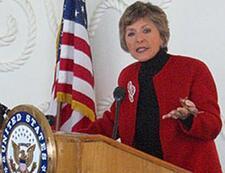
Barbara Boxer
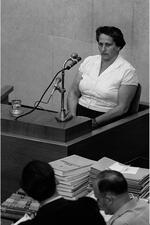
Hansi Brand (Hartmann)
Hansi Hartmann started helping escaped Jewish refugees in Hungary with her husband Joel in 1938. She later played a central role in The Relief and Rescue Committee, founded by Joel in 1942, and went on to save thousands of Jews. After the war, she emigrated to Palestine and gave critical testimony at the Kasztner and Eichmann Trials.
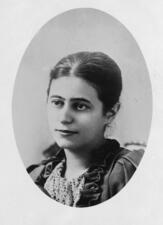
Alice Goldmark Brandeis
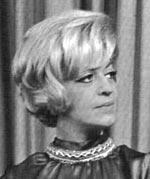
Brazil, Contemporary
Brazil is home to the second largest Jewish community in South America. Jewish women played important roles in the absorption of Jewish immigrants from Europe, the Middle East, and North Africa, and also made important contributions to Brazilian intellectual and artistic life.
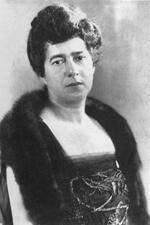
Rose Brenner
As president of the National Council of Jewish Women, Rose Brenner focused on inclusion of people who were often marginalized—the deaf, the blind, and those isolated in rural areas.
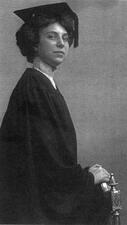
Jeanette Goodman Brill

Fanny Fligelman Brin
A riveting public speaker, masterful politician, skilled organizer, and administrator, Fanny Fligelman Brin, who served two terms as president of the National Council of Jewish Women, from 1932 to 1938, is best remembered for her work on behalf of world peace during the interwar years.
Britain: Nineteenth and Twentieth Centuries
Since being allowed to resettle in 1656, Jews in Great Britain have established deep community ties throughout their diverse community. Class differences between early Sephardic settlers and the later wave of Ashkenazi immigrants gave rise to numerous Jewish charitable organizations, in which women played a key role.

Saidye Rosner Bronfman
Saidye Rosner Bronfman was a first-generation Canadian who used her wealth to benefit numerous Canadian Jewish organizations and philanthropies. Beginning in 1929, she served as the president of Montreal’s Young Women’s Hebrew Association for six years. In 1943 she was recognized by the British Empire for her philanthropic contributions to the war effort.
Shifra Bronznick
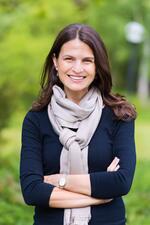
Sharon Brous
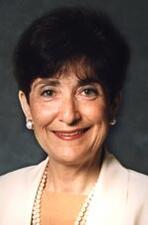
Sandra Brown
Sandra (Sandy) Brown, an outstanding leader of the Toronto Jewish community at the turn of the twenty-first century, is one of the most influential and effective leaders of Toronto Jewry, highly regarded as a person of extraordinarily broad experience, unfailing fairness and commitment, and unusually deep knowledge of education.

Elana Brownstein
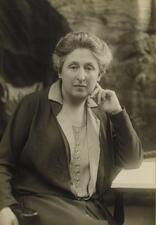
Cécile Brunschvicg
Cécile Brunschvicg was one of the grandes dames of French feminism during the first half of the twentieth century. Although her chief demand was women’s suffrage, she also focused on a range of practical reforms, including greater parity in women’s salaries, expanded educational opportunities for women, and the drive to reform the French civil code, which treated married women as if they were minors.
Emilie M. Bullowa
As a lawyer and activist, Emilie M. Bullowa devoted her life to justice for the disenfranchised. Her colleagues, as well as many judges, respected her attitude as a woman in a field then dominated by men: She took pride in being a lawyer, rather than in being a female lawyer.
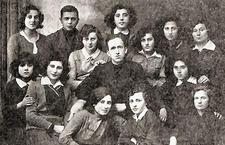
Women in the Bund
Jewish women played leading roles in the formative years of the General Jewish Workers’ Bund, which was established in the Tsarist Empire in 1897, and initially participated in the movement in large numbers. However, the Bund had somewhat less success in mobilizing women in independent Poland between the two world wars than it had during the Tsarist era.
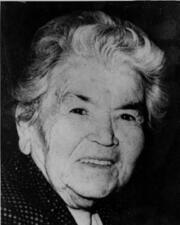
Hayuta Busel
As a widowed immigrant and young mother, Hayuta Busel fought to expand options for women in Palestine throughout her work on kibbutzim and in the women’s labor movement. Busel believed profoundly in the liberation of Jews, especially women, in the Hebrew language, and in the creation of a new model of family which would facilitate women’s liberation.
Judith Butler
Judith Butler is the Maxine Elliot Professor of Comparative Literature and the Program in Critical Theory at the University of California, Berkeley. Butler’s work treats gender, hate speech, the precarity of life, the precarity of one’s position as a Jewish thinker in light of Israeli policy towards Palestinians, alternative kinship structures, non-violence, vulnerability, and other, equally complex and important aspects of human existence.
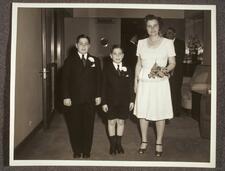
Helen Lehman Buttenwieser
As a lawyer, Helen Lehman Buttenwieser fought to protect children in the foster care system. Throughout her life in the law she served as an important role model for many women attorneys.
Ghitta Caiserman-Roth
Ghitta Caiserman-Roth was a well-known Canadian artist who showed her work in galleries in Canada and New York. Caiserman-Roth studied at Parsons School of Design, the École des Beaux-Arts, and at the American Artists’ School and won several awards for her artistic achievements. In her later years, she served on the Royal Canadian Academy of Arts council.

CAJE
CAJE—the Coalition for the Advancement of Jewish Education—brought together a diverse spectrum of the Jewish community. After CAJE folded in 2009, it was replaced by NewCAJE, which shares ideas and innovations, offers professional development across denominational and workplace lines, and builds a strong Jewish community.
Tullia Calabi-Zevi
Born in Milan, Tullia Calabi-Zevi began working as a journalist during World War II and wrote prolifically for a number of publications over the next few decades. In her later life she held many public leadership positions, including several in organizations specifically concerning Jewish life in Italy.
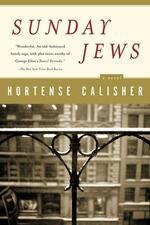
Hortense Calisher
Hortense Calisher was a significant presence in American letters for over forty years, producing novels, short stories, and memoirs of striking originality and intelligence. Although she did not achieve popular fame, the literary community holds her in high regard and even her critics agree she is a consummate stylist.
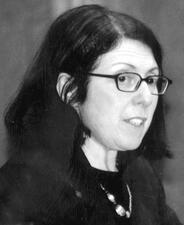
Canada: From Outlaw to Supreme Court Justice, 1738-2005
The positive aspect of the Canadian mosaic has been a strong Jewish community (and other communities) which nurtured traditional ethnic and religious values and benefited from the talent and energy of women and men restrained from participation in the broader society. The negative aspect has included considerable antisemitism and, especially for women, the sometimes stifling narrowness and conservatism of the community which inhibited creative and exceptional people from charting their own individual paths.

Shulamith Cantor
As director of the Hadassah School of Nursing in Jerusalem, Shulamith Cantor helped set the standard for nursing in Palestine.


